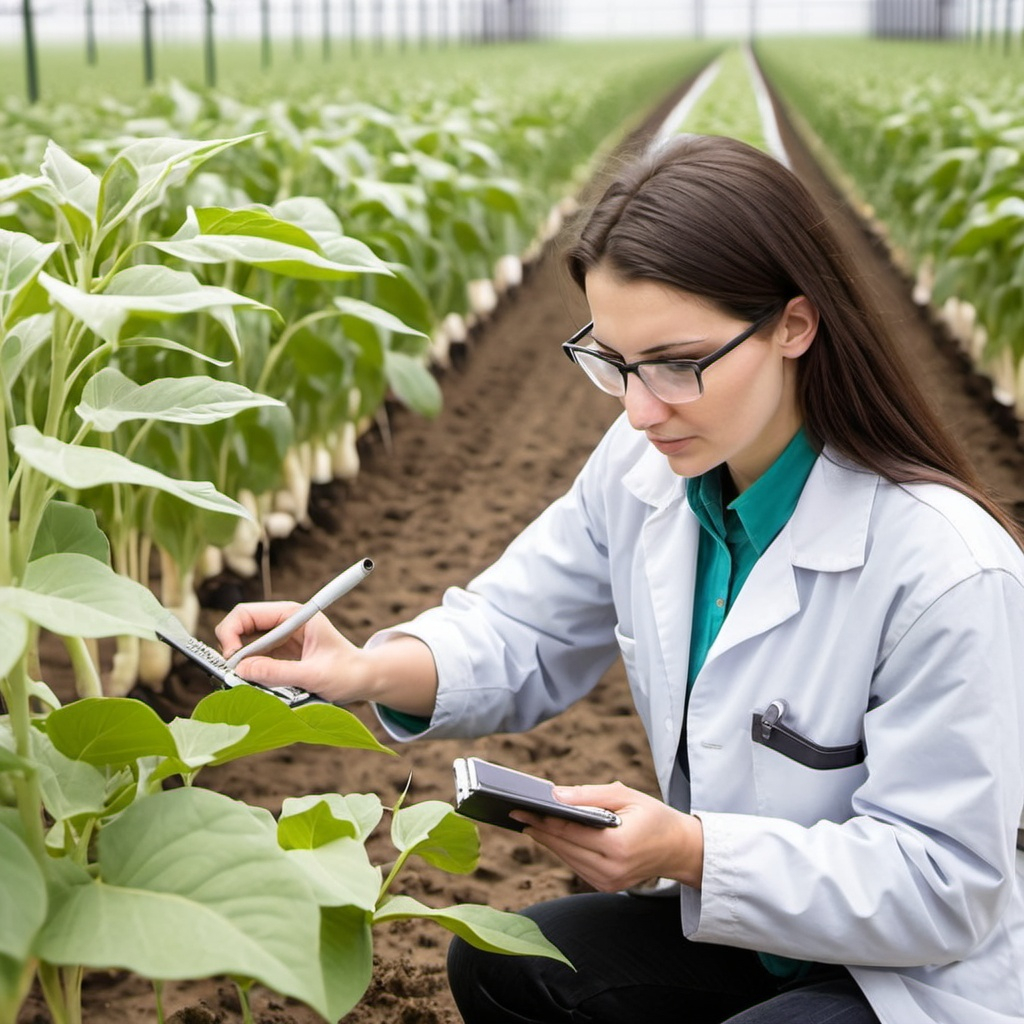
Agriculture research plays a crucial role in advancing agricultural practices, enhancing food security, and promoting sustainability. In Canada, a diverse range of agriculture research jobs are available, spanning various specializations and institutions.
Key Areas of Agriculture Research
Canada’s agriculture research landscape covers numerous fields, including crop science, animal health, soil science, and environmental sustainability. Researchers in these areas work on developing new crop varieties, improving livestock management, optimizing soil health, and addressing climate change impacts on agriculture.
Institutions and Organizations
Several prominent institutions and organizations in Canada focus on agriculture research. These include:
- Agriculture and Agri-Food Canada (AAFC): A federal department responsible for advancing knowledge and innovation in agriculture.
- Canadian Agricultural and Food Museum: An institution dedicated to preserving and promoting agricultural heritage and research.
- University Research Departments: Many Canadian universities, such as the University of Guelph and the University of Alberta, have specialized departments and research centers focused on agriculture.
Job Roles and Responsibilities
Agriculture research jobs in Canada encompass a variety of roles, including:
- Research Scientists: Conduct experiments and studies to develop new agricultural technologies and practices.
- Field Technicians: Assist in data collection, experimental setup, and field trials.
- Agricultural Economists: Analyze economic data to assess the impact of agricultural policies and practices.
- Soil Scientists: Study soil properties and their impact on crop growth and land management.
Required Qualifications and Skills
To pursue a career in agriculture research in Canada, individuals typically need:
- Educational Background: A degree in agricultural sciences, biology, environmental science, or a related field. Advanced positions may require a master’s or PhD.
- Technical Skills: Proficiency in laboratory techniques, data analysis, and fieldwork.
- Soft Skills: Strong analytical abilities, problem-solving skills, and effective communication.
Employment Opportunities and Career Growth
The demand for agriculture research professionals in Canada is influenced by factors such as technological advancements, climate change, and evolving agricultural practices. Opportunities for career growth exist in both public and private sectors, with potential for advancement into leadership roles or specialized research positions.
Funding and Grants
Research funding is available through various sources, including:
- Government Grants: Programs offered by federal and provincial governments to support agricultural research initiatives.
- Private Sector Funding: Contributions from industry partners and agricultural organizations.
- Research Fellowships: Awards and fellowships provided by academic institutions and research organizations.
Challenges and Opportunities
Agriculture research in Canada faces challenges such as funding constraints, the need for interdisciplinary collaboration, and addressing the impacts of climate change. However, these challenges also present opportunities for innovation and advancement in sustainable agricultural practices.